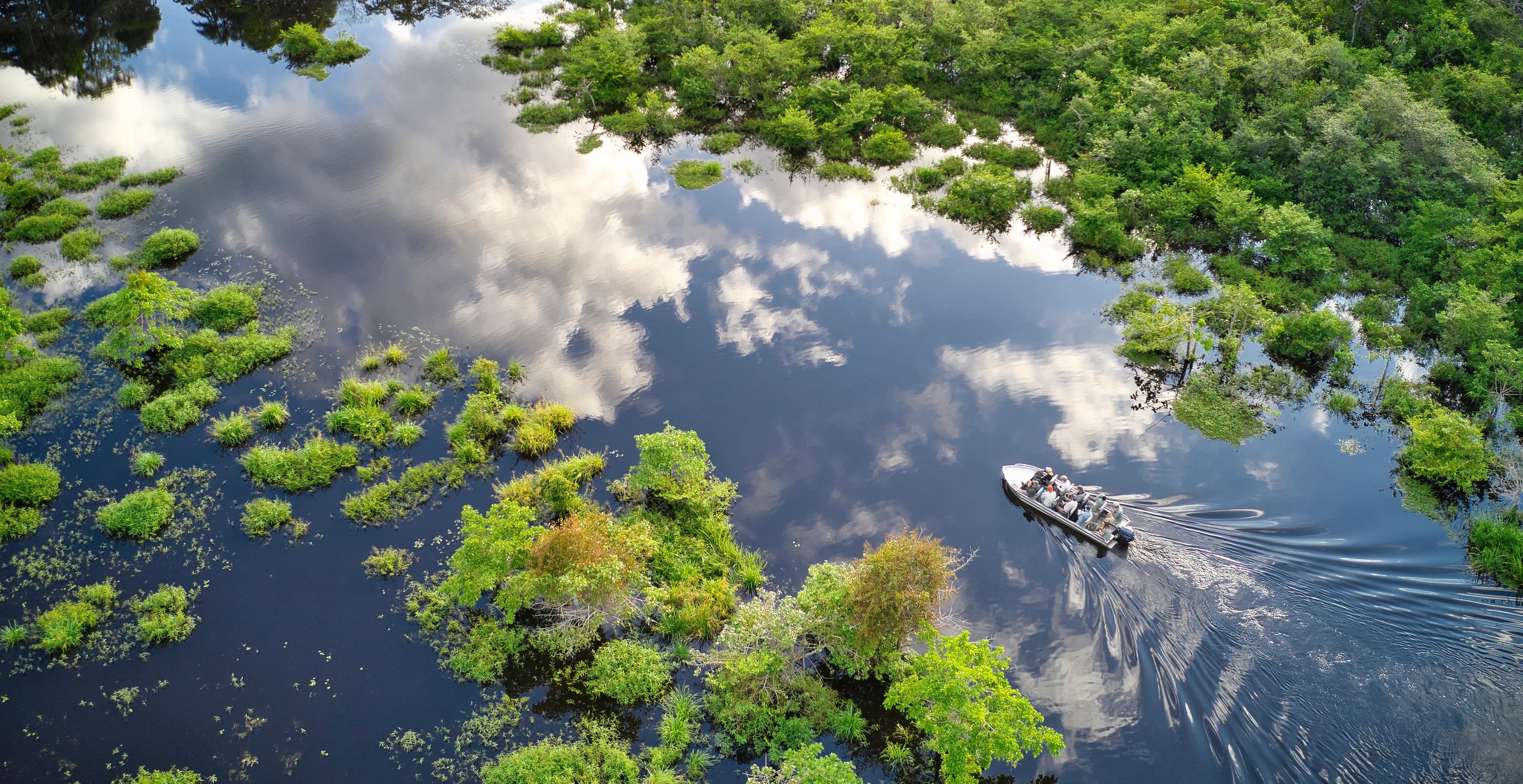
Stories from the front lines of conservation
No items found